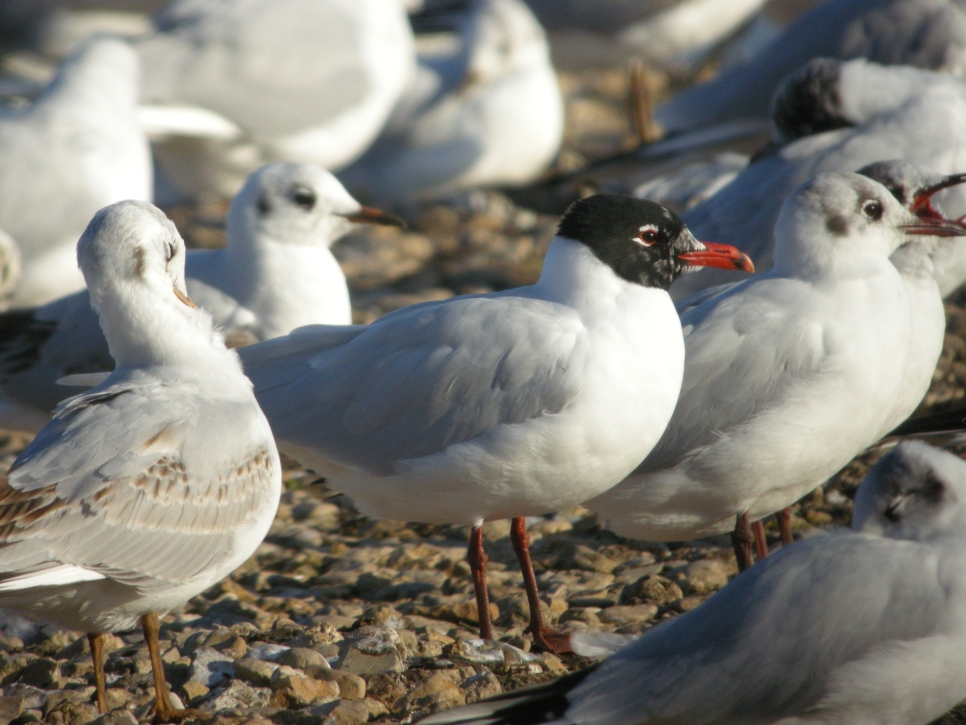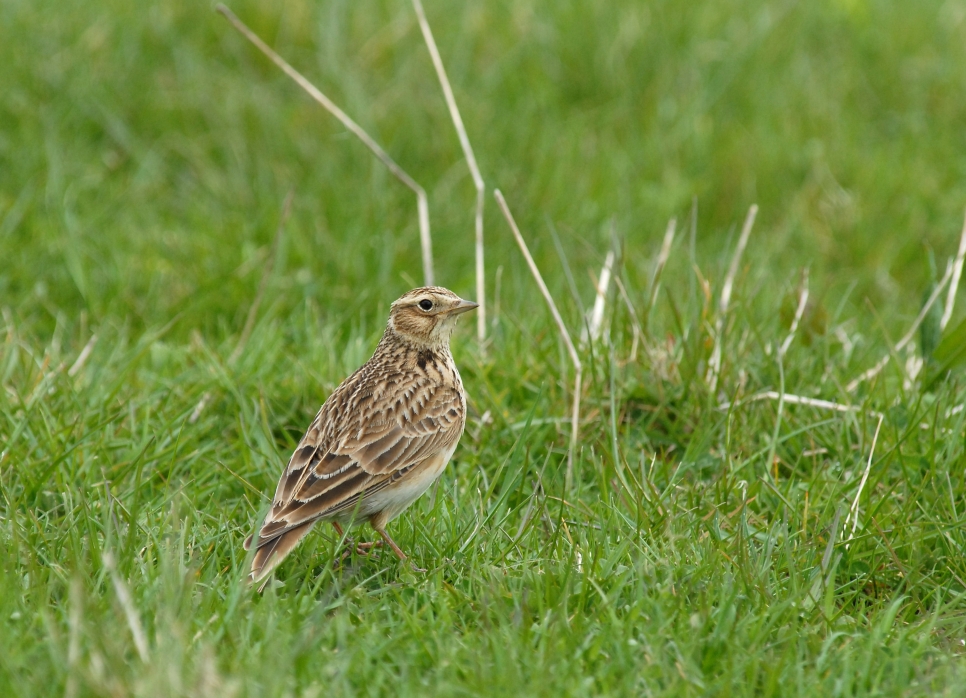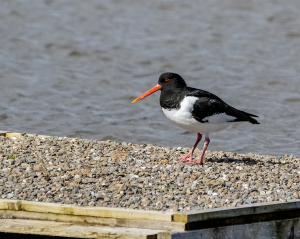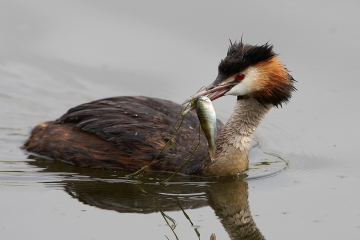Latest Sightings
The wildfowl over the past week has definitely been the highlight of the bird sightings. Our highest count of Whooper swans was around 350, with a number of birds having freshly arrived from Iceland. Shelduck, wigeon, pintail and pink-footed geese numbers are continuing to rise but the clear highlight has been the white-fronted geese that turned up on the reserve this week. A Greenland white-fronted goose showed up on the back of the mere on the 9th and roosted with the pink-footed geese on the 10th an 11th. This was followed by a Russian white-fronted goose which showed up in the same place on the 13th. In the evening of the 13th, it was joined by a second Russian white-front! Other wildfowl of interest has been 2 goldeneye on the pool in front of harrier hide since the 12th.
The waders have been a bit quieter in numbers with 6 black-tailed godwit and 2 ruff on the mere yesterday, a further 2 ruff were on Woodend marsh. A green sandpiper has been seen and heard intermittently over the past week, mostly around Woodend marsh and the little stint was present until the 13th. Snipe numbers have dropped off considerably recently, with just 3 on Woodend marsh and 2 from Ron Barker. But the wader highlight this week has been a curlew sandpiper reported on Woodend marsh on the 13th.
Plenty of marsh harriers can be seen across the reserve at the moment with the numbers increasing as the year goes on. The usual numbers of kestrels and buzzards can also be seen across the reserve and a barn owl was seen from United Utilites hide on the 13th. Other bird of prey seen this week was a lovely peregrine that flew over the Discovery hide on the evening of the 12th, and a red kite seen from United utilities on the 13th.
Passerines on the reserve this week have remained largely the same aside from a flyover brambling on the 9th with plenty of goldfinches and greenfinches all over the reserve along with lots of redwings and fieldfares. Cetti's warblers are still singing away over much of the reserve and groups of siskins can still be heard overhead.



